The WHAT…..
We are all experiencing a range of emotions, behaviours, physical symptoms and reactions to the effects of Covid- 19 is having on our lives.
- Fear of illness or death
- Rapid changes in every part of our lives
- Uncertainty over social and economic future.
- Feelings of loneliness and isolation
- Anxiety of all kinds
- Panic about the future
- Feelings of powerlessness and hopelessness and a lack of control
These are just some examples of what you may feel, some people may be experiencing all of these, some will come and go, some you may not experience at all.
The WHY….
The types of anxieties that are heightened at the moment fall into 2 categories- health and existential.
Health anxiety is reacting to real fear for our health and the health of our loved ones and to the health of humankind.
The result of this anxiety is our natural instinct taking over to protect us, a fight or flight response. This response is in fact required at the moment, following health rules to protect us and others.
However, constant or compulsive researching or checking social media will result in more anxiety, leading to ‘what if’, leading to checking body symptoms, then increased body changes to stress causing more alarm, causing our minds and body to be overstimulated to stress. This makes it harder to think rationally and reduces our ability to calm ourselves and allow our bodies and mind to rest.
BREATHE….. there is help on the way, read on!
The second type of anxiety is existential, meaning an innate fear of our uncertain future. This can lead to intense and spirally anxiety and rapidly spinning thoughts that we have no control over. Exasperated by the media’s love of sharing the extremes of each situation and further catastrophising what the future may hold.
It is very possible to become addicted to listening and checking the news and social media. Getting information and facts can give us a false sense of security, control and reassurance, leading to more checking and watching.
Grief and Loss
Many people will begin to go through the stages of grief, for most people, in the form of anticipatory grief of what will or might be lost or changed, actual loss of loved ones and our normality.
People may start to move through the stages of grief, such as
- denial (this virus is just like a cold)
- anger (why is this happening to me, I want my life back)
- bargaining (Ok, if I social distance for 2 weeks then my life will return to normal)
- sadness (Will I be ok, will my family survive)
- acceptance (this is happening, I have to figure out how to proceed)
- meaning (What do I want now and in the future?).
These stages are not linear, people can move in and out of stages, some people may get stuck at certain stages.
And now for the HOW to help…..
1. Interrupt your worries, interrupt the cycle.
Identify what you can control and practice accepting the rest. I find The Serenity Prayer very useful in trying times:
‘Grant me the serenity to accept the things I cannot change, the strength to change the things I can change and the wisdom to know the difference.’
Take a break from the news and social media, meditate or listen to some relaxation music. I find the Honest Guys on YouTube very effective.
Exercise
Go outside or change your environment.
Play with your pet.
Identify what you are grateful for and what gives you feelings of hope.
Create a time in the day that is your designated worry time, put a time limit on this period of the day. You may even like to put your worries into a worry jar or give them to a ‘worry doll’.
2. Maintain a routine
This routine will be different to your normal routine
Your expectation will need to change and be reduced
I have heard the term ‘soft routine’- meaning your routine needs to be flexible but having some sense of structure will help.
Eat regular meals, however always good to check in with your body to see if you are hungry or bored or stressed rather than hungry!
Engage in enjoyable activities with others in your household or virtually.
Plan and act on a doable project that will give you purpose, hope and achievement.
Check in with others.
3. Combat loneliness and isolation
Remember: We are all in this together
Stay connected to friends, family and colleagues.
Set a goal of minimum phone or video contact each day. Think about what you may like to talk about.
Reach out to others who may need assistance or support.
A beautiful initiative is #TheKindnessPandemic that has been created to share caring acts and read about positive, hopeful messages.
4. Accept and find meaning
This is our reality right now, it will pass but for now we cannot control this virus. Accept your limitations.
Give yourself permission to feel.
What do you want now and in the future?
What can you do to make this happen?
You can wash your hands, you can stay at home, you can keep yourself and others safe. You can help others. You can show kindness.
‘When we are no longer able to change a situation, we are challenged to change ourselves’ Viktor Frankl
I hope this has been helpful and brings some peace and calm to your lives.
Remember to reach out to your support network if you are not ok.
Lifeline is available 24 hours a day.
I am offering online sessions if you need professional support.
Take Care.
References
Psychotherapy and Counsellors Federation of Australia (PAFCA)

